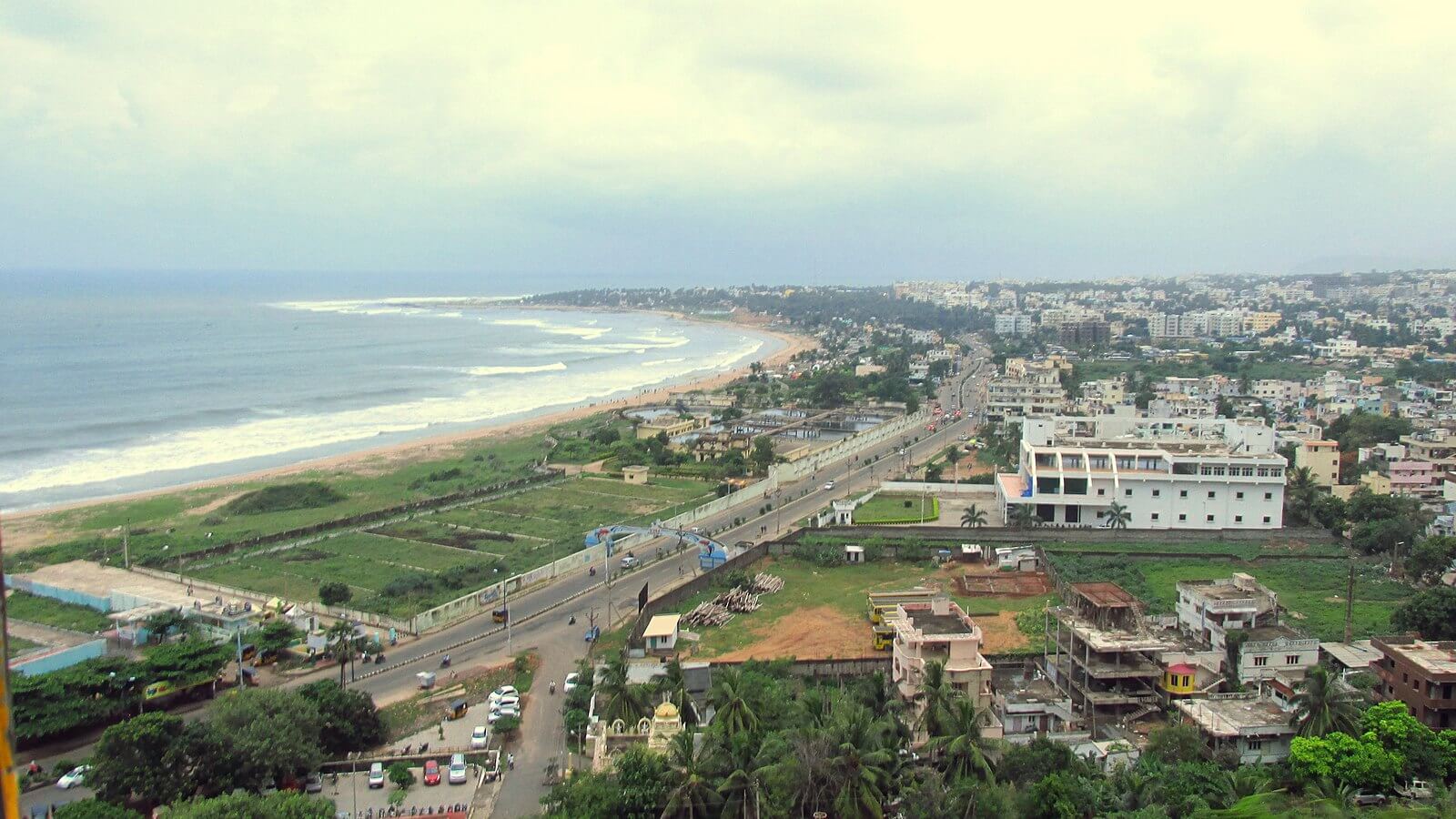Recently, a public sector bank-issued eviction notices to the families residing in a renowned residential complex of Noida, was a bolt from the blue to them. The cause being the developer has not repaid the loan that he took against this residential project since its delivery to the buyers in 2015. The buyers could escape the situation of sudden homelessness due to the immediate withdrawal of notices by the bank since the residents owed no dues to the developer. Here we have discussed how to avoid becoming victim to such a situation in future. Knowledge of the property’s status in certain terms is essential for every home buyer.
What Right Does the Builder Have on a Property Already Sold?
It is unlawful on the part of the builder to mortgage any unit once it has been sold or been registered under the buyer’s name. The buyer becomes the sole owner of a residential unit following the payment of its stamp duty, registration charges and any other dues remaining. Only those units of a project that haven’t been sold, can be mortgaged by the builder. Even if the buyer knowing or unknowingly purchases a house that has been mortgaged by the developer after the sale agreement has been executed, by no means it should affect the buyer’s interests.

Borrowing loans for completing the construction of housing projects is usual on the part of developers but that certainly does not give them the authority of mortgaging sold units to repay the bank. Mortgaged units cannot be sold as well.
The developer may mortgage units for his convenience but he must ensure that these units are free from mortgage before being sold to the buyers so that in future the lending bank cannot claim those units on the occasion of non-repayment of the loan developer. So, the buyer needs to check if the bank has issued a No Objection Certificate (NOC) to the developer before the sale of units.
How Careful Should the Home Buyer Be?
Not all builders mortgage selling units for repaying bank’s loan but chances cannot be ignored as well. It would be wiser to visit the Registrar of Companies web portal to find out whether a property is free from mortgage, before purchasing. The website shows a builder’s track of loan and mortgages.
It might turn out that the project where you have chosen your home has been entirely mortgaged by its developer but you need not reject your choice.
As a buyer, you should gather information on the builder’s account in the bank that has offered loan to him, so that you can make the EMI payment in that account. The possibility of risks to your property ownership can be avoided if you ensure that the builder or rather the concerned residential project has been issued a NOC by the same bank from which, the loan was taken.

For, even if you file a legal case for rescue from such a situation arising in future, the case cannot stand strong if the builder hasn’t acquired NOC or the EMI payment is entering any bank account other than the one that gave loan to the builder.
How to Act Legally Against Such Builders?
First and foremost, you need to find out if the property or the unit itself has been mortgaged with the bank before or after their registration. The legal case would strengthen if the property has been mortgaged following its registration.
Once a proof of mortgaging the sold property is shown by the bank from which, the builder took loan (as in the aforementioned case), home buyer can legally proceed to fight by approaching the concerned RERA authority, debt recovery tribunal, state high court or just move to the CDRC at the national, state or district level.
This reading would certainly benefit you when scanning apartments for sale in Kolkata to choose a home of yours. Get in touch with transventor.in, for a risk-free property purchase through our end-to-end solutions from property search to delivery.







